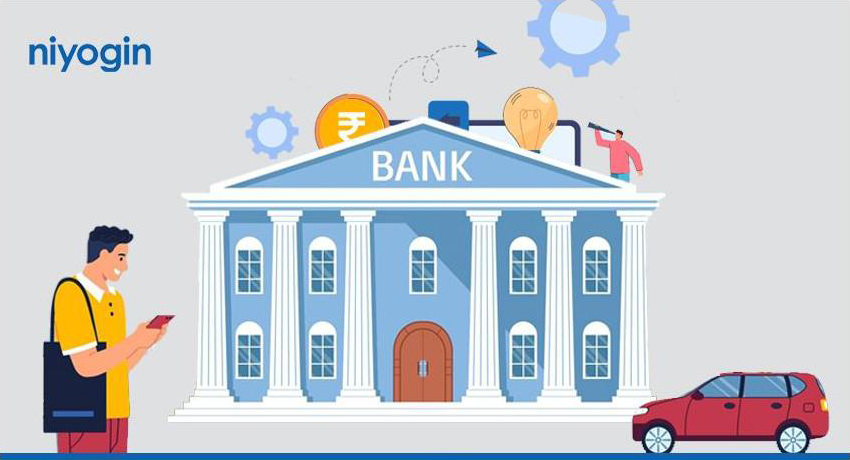Traditional banks have long been the go-to source of funding for MSMEs. However, for many securing a loan from a bank can be a frustrating and time-consuming process, often hindered by stringent collateral requirements and lengthy approval times. This limited access to capital can stifle growth and innovation, hindering the immense potential of the MSME sector. The financial landscape is evolving, and a wave of innovative financing models is emerging specifically to address the financing needs of MSMEs. Peer-to-peer (P2P) lending – This platform allows borrowers to connect directly with individual lenders via online platforms. It eliminates the intermediary, which lowers costs and increases MSMEs’ access to capital. According to Industry ARC, the India P2P lending market size is expected to reach $10.5 billion by 2026. Besides P2P, crowdfunding has become a favoured method for MSMEs to secure capital. One notable trend in the Indian crowdfunding market is the emergence of specialized platforms tailored to specific industries or causes. These platforms focus on supporting startups, social enterprises, and creative endeavors, reflecting the diverse interests and needs of Indian consumers. This trend underscores the growing acceptance of crowdfunding as a viable alternative to traditional funding avenues. Invoice financing – This model helps businesses manage cash flow issues without waiting for customers to pay their invoices. Firstly, it provides immediate access to cash flow by allowing businesses to obtain advances against their outstanding invoices, addressing liquidity challenges, and enabling timely payments of operational expenses. Secondly, it eliminates the need to wait for customers to settle invoices, thereby accelerating the cash conversion cycle and enhancing working capital management. Additionally, invoice financing does not add to the company’s debt burden, as it is not considered a loan, making it an attractive option for businesses seeking non-dilutive financing. Overall, invoice financing enables MSMEs to maintain steady cash flow, improve financial stability, and seize growth opportunities more effectively. Industry estimates suggest that the invoice discounting ecosystem in the country per month is about Rs 1 lakh crore. Supply Chain Financing – Supply chain financing (SCF) involves optimizing the flow of capital across the supply chain. Financial institutions and fintech firms offer SCF solutions such as reverse factoring, dynamic discounting, and trade credit. According to the Global Supply Chain Finance Forum, the SCF market could reach $2.7 trillion by 2025. SCF benefits include improved liquidity, lower financing costs and strengthened relationships through collaboration between buyers and suppliers. Innovative financing models are transforming the landscape for MSMEs, offering alternatives to traditional banking that are more accessible, flexible, and tailored to their needs. As these models continue to evolve and gain traction, they hold the potential to bridge the financing gap and drive sustainable growth for MSMEs worldwide. Policymakers, investors, and financial institutions must continue to support and promote these innovative solutions to foster a more inclusive and dynamic economy.
